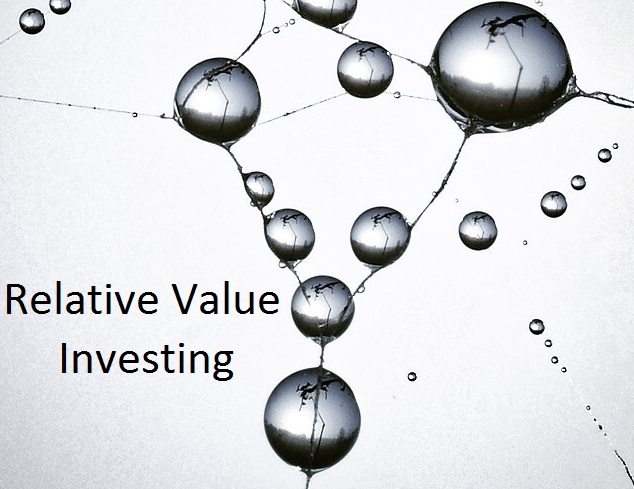Managing risk is vital to investing success. It is probably the most important lesson one can learn when the aim is to manage your own assets for the long term. Unfortunately many people seem to lack an understanding about what risk actually is and also some people, even if they think they know, overlook it completely.
Sometimes a quote can be just what is needed. A good quote can turn big concepts into a few memorable words.
Nobody cares what you could have done, if you didn't do it, you didn't do it....the end.
“If you don’t bet, you can’t win…if you lose all your chips, you can’t bet.” - Larry Hite, featured in Market Wizards by Jack Schwager.
It’s amazing how one sentence can capture the essence of successful trading like few others. If one can grasp this concept, the battle is half won.
First, there’s the act of taking a trade. This is about stepping up and having a go. You can’t win anything if you don’t put yourself in the game. This sounds easy but many people find opening a trade overwhelming. For many it can be uncomfortable to take risks, or put their money on the line.
The second half of the quote “…if you lose all your chips, you can’t bet” basically asserts that managing risk is what gives you the ability to “be there the next day”!
Managing risk in it’s most basic form is focusing on the potential for loss of a particular investment or trade. When a strategy relies on a trade being correct inevitably trouble will occur at some stage. If you are guilty of this, and you aren’t alone there.…something has to change.
The quote from Larry Hite is meant to sharpen your focus get one thinking differently. Begin to see trading in terms of odds and probability, somewhat akin to a good punter at a casino (google Ed Thorpe).
Marginal trades can been as gambles if the potential upside is not multiples of potential loss. A value investor like Seth Klarman terms it “margin of safety” where if everything goes to pot the loss will be minimal.
Professional traders often only risk a relatively small amount of capital per trade. It’s all about ensuring they stay in the game. If risk is controlled or a stock already has “all the bad news in it”, if things go wrong only collateral damage is done.
Spreading risk is the key to reducing volatility. This is why professional money managers essentially manage for limiting drawdowns while waiting for the winning investments to come. A portfolio will still have the unavoidable down periods but a few bad trades won’t cause lasting problems.
Sometimes you may think a top investor is immune to fear but the truth is many are not. Fear is a natural response and our monkey brain sees to that. It is just that some people just manage their fears better than others. Seth Klarman said in 2010 that having no fear is natural for him….believe it or not!
Luck or a poor risk / reward situation : Mick Fanning's run in with a shark.
There are things an investor can do to reduce the emotional strain. These could make the difference between trading and stopping. Maybe that means reducing trade size, or spreading risk among multiple entries. This has the duel effect of reducing the risk of any single trade becoming a disaster, while spreading risk also increases the chance of nailing an investment that becomes the proverbial 10-bagger.
We can wrap up with another old saying “he who fights and runs away, lives to fight another day”. Definitely the move of someone smart.


